Infection Post-Op
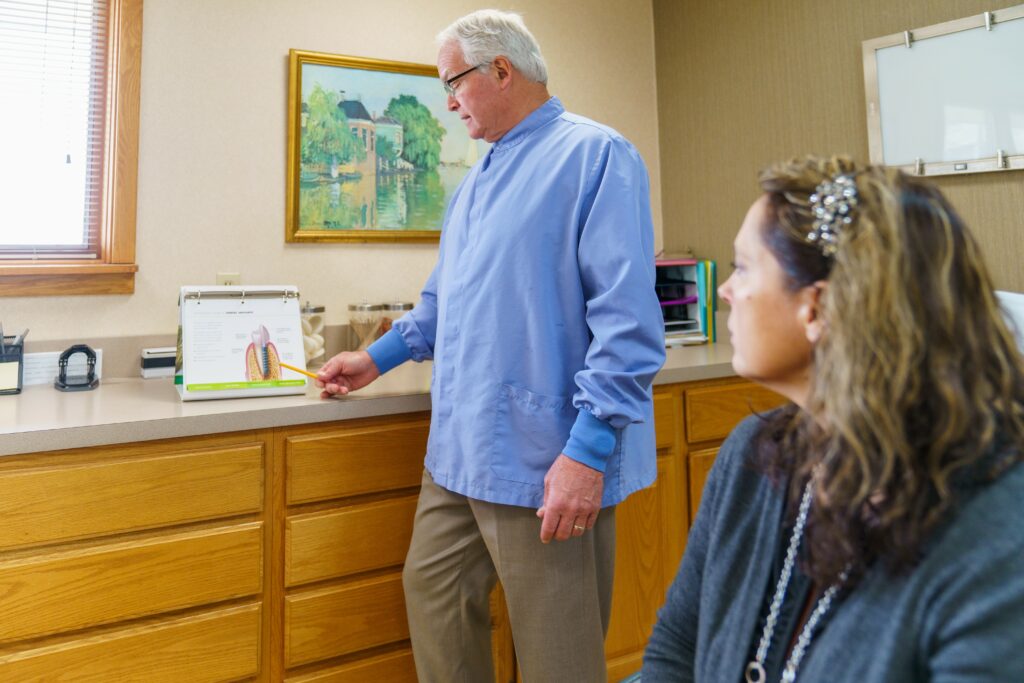
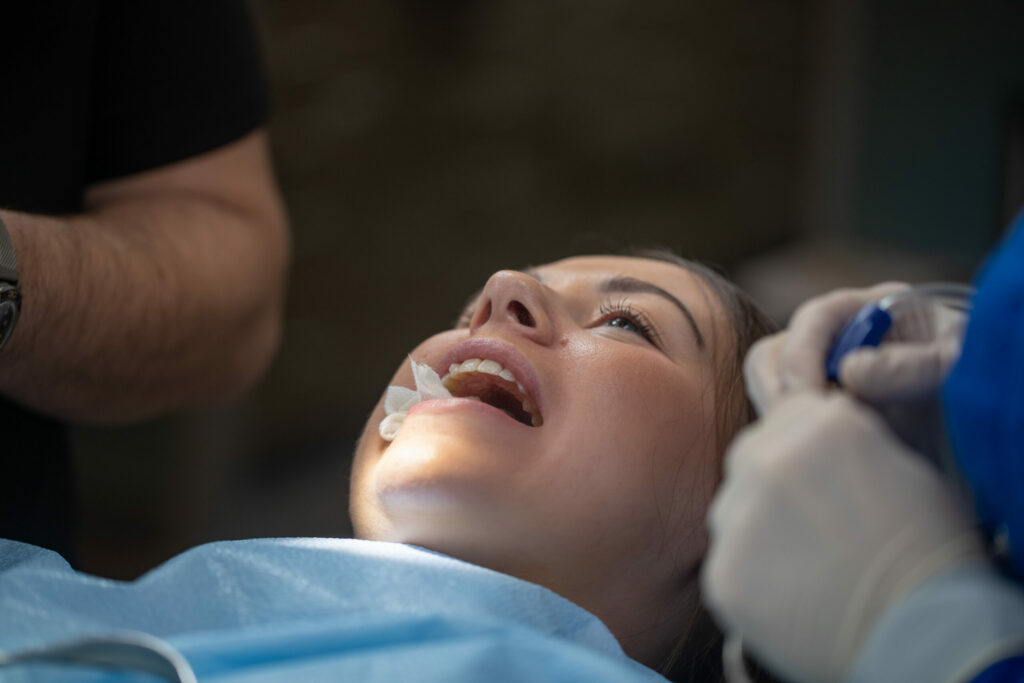
Bleeding
Bleeding after surgery may continue for several hours. The best way to stop bleeding is to fold 2 pieces of damp gauze over the extraction site and gently bite for 30-60 minutes making sure pressure is being applied to the extraction site. Rest quietly with your head elevated. If bleeding continues, use gauze for an additional 30 minutes. Bleeding should always be evaluated by looking directly at the surgical site. Pink or blood-tinged saliva may be seen for 2-3 days following the surgery and does not indicate a problem.
Swelling
Swelling is the body’s normal reaction to surgery and healing. You may notice your swelling will get worse over the next couple of days instead of better. This is caused by the surgical procedure we performed in order to treat your infection. Warm, moist compresses are helpful in aiding drainage. Use a very warm moist washcloth applied over the affected area for 20-30 minutes at a time. Do this as often as possible. A heating pad may also be used over the moist cloth compress. Heating pad should be used at the lowest setting. If you start experiencing trouble breathing, call the office immediately.


Pain
Unfortunately, most oral surgery is accompanied by some degree of discomfort. If you do not have an allergy to non-steroidal anti-inflammatory medications like Ibuprofen (Motrin, Advil) we recommend taking this prior to the local anesthetic wearing off. More severe pain may require a narcotic pain medication. Take the narcotic medication and 400mg (2 tablets / 200mg each) of Ibuprofen together every 4-6 hours as needed for pain. While taking a narcotic pain medication you may not drive or operate mechanical machinery. The prescribed pain medication will make you drowsy. Once you feel like you can stop the narcotic, use Ibuprofen and Tylenol together as needed. All medication should NOT exceed the recommended dosage.
Discomfort should subside daily. If not, please call our office.
Antibiotic
If an antibiotic is prescribed, take the tablets or liquid as directed. Take the entire prescription until gone. Antibiotics can be given to help prevent infection. Make sure to call the office if a rash or other unfavorable reaction occurs.
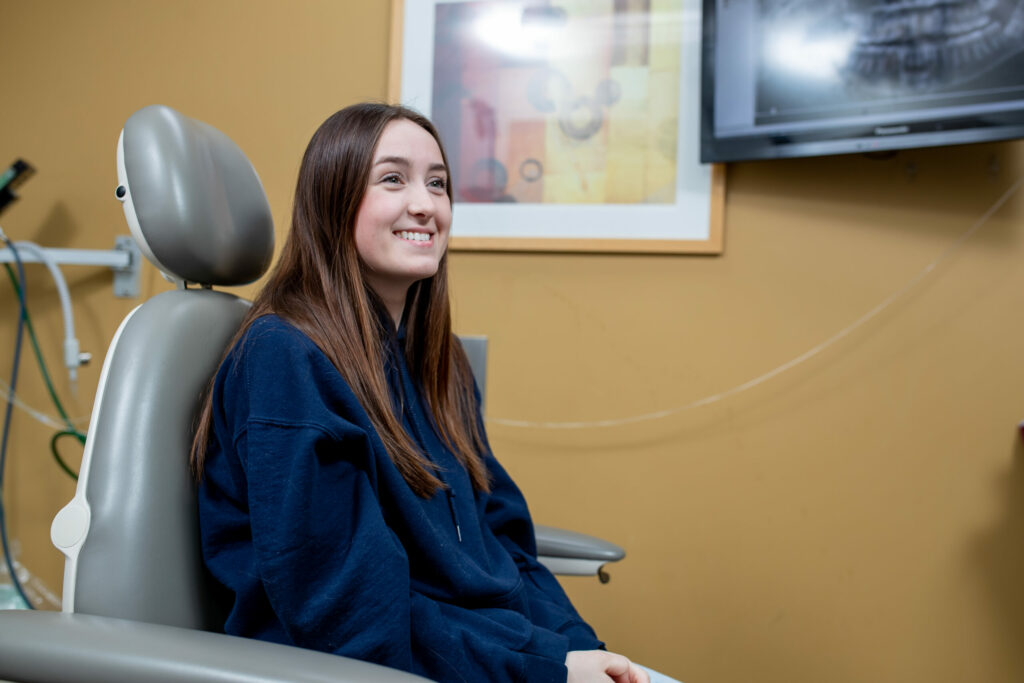

Diet
After general anesthetic or I.V. sedation, start with liquids. While numb, patients should avoid hot liquids or foods. Patients may have applesauce, pudding, or jello. Once the numbness wears off patients can progress to solid foods, chewing away from the surgical sites. Patients should avoid foods like nuts, sunflower seeds, popcorn, etc., which may get lodged in the socket areas.
Foods to Drink and Eat While Numb
Drink:
- Water
- Juice
- Ice Chips
- Popsicles
Eat:
- Applesauce
- Jell-O
- Pudding
- Yogurt
- Milkshake (no straw)
Soft Foods When Numbness is Gone:
- Mashed Potatoes
- Pasta
- Eggs
- Pancakes
- Creamed Cereals
- Soups (not to hot)
Sutures/Stitches
Sutures will resorb or fall out on their own. It is normal for a suture to come out on the day of surgery. If bleeding occurs because the sutures have fallen out, bite on gauze to apply pressure.
Drain Placement
You may have a small drain placed in your mouth to temporarily drain infection from the area. If this is the case, you will need to return to the office to have the drain removed.
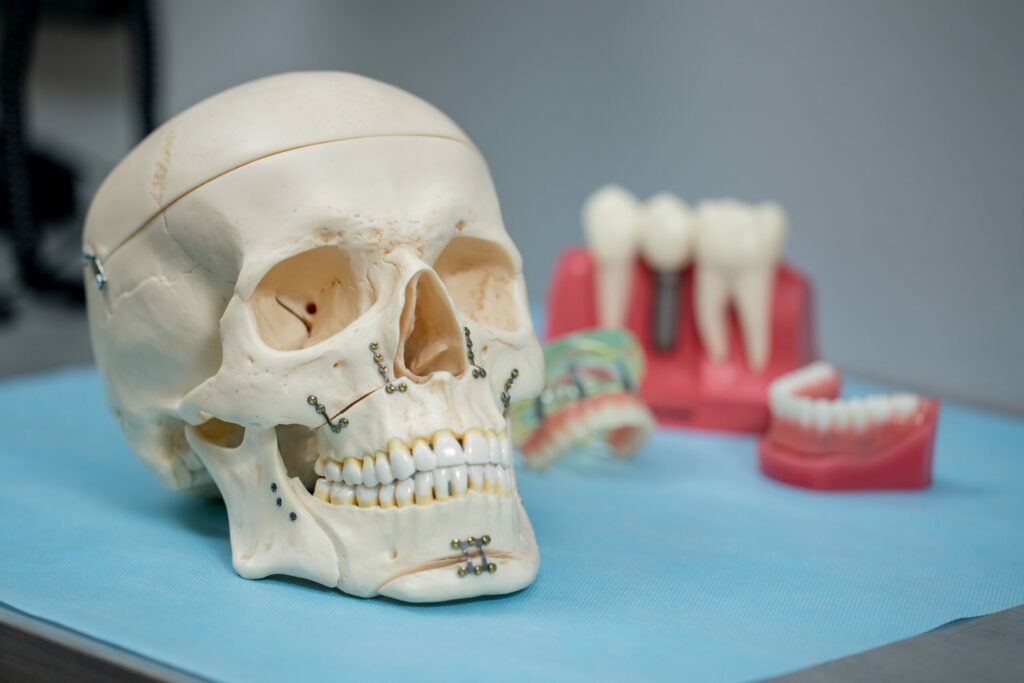
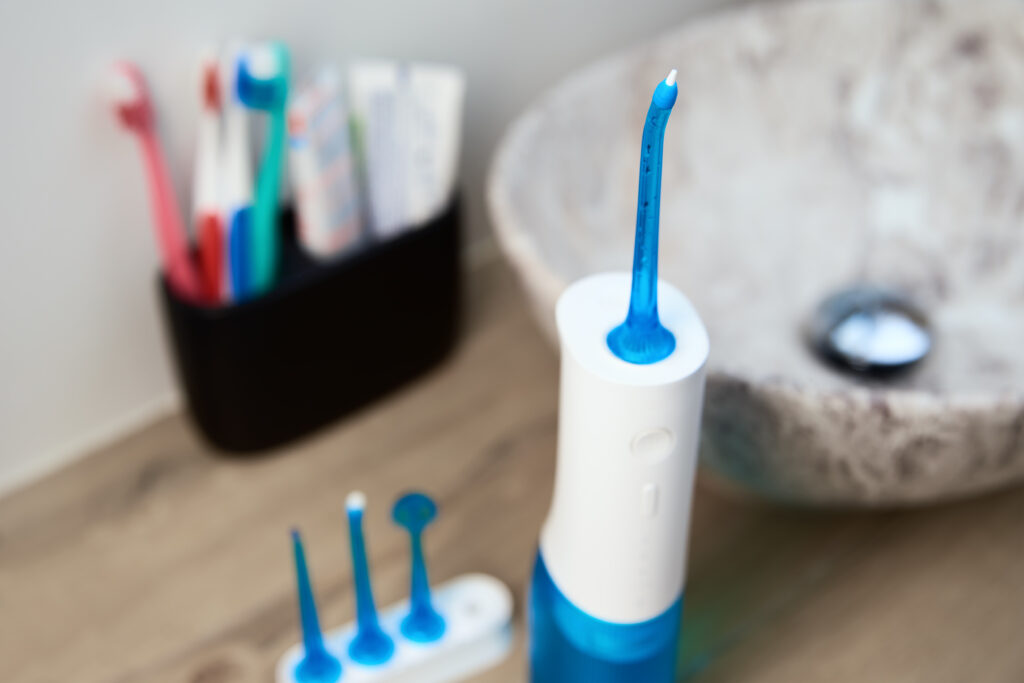
Oral Hygiene
The best way to prevent infection and ensure healing is to keep your mouth clean. A clean wound heals better and faster. Clean your mouth thoroughly after each meal. Use a soft bristle toothbrush and toothpaste after meals and at bedtime. Some patients may find salt water rinses useful in relieving discomfort. Use a solution of 1 teaspoon regular table salt dissolved in 8 ounces warm tap water every 2-4 hours. The use of hydrogen peroxide rinses is not recommended.
Activity
For the first 48 hours you should rest and relax with no physical activity. After 48 hours, you may resume activity as tolerated.
Get to know us.
At South Bend Oral Surgery Partners, we know how to help you. Our board-certified surgeon and expert staff can provide the care you need to relieve the discomfort you feel.
